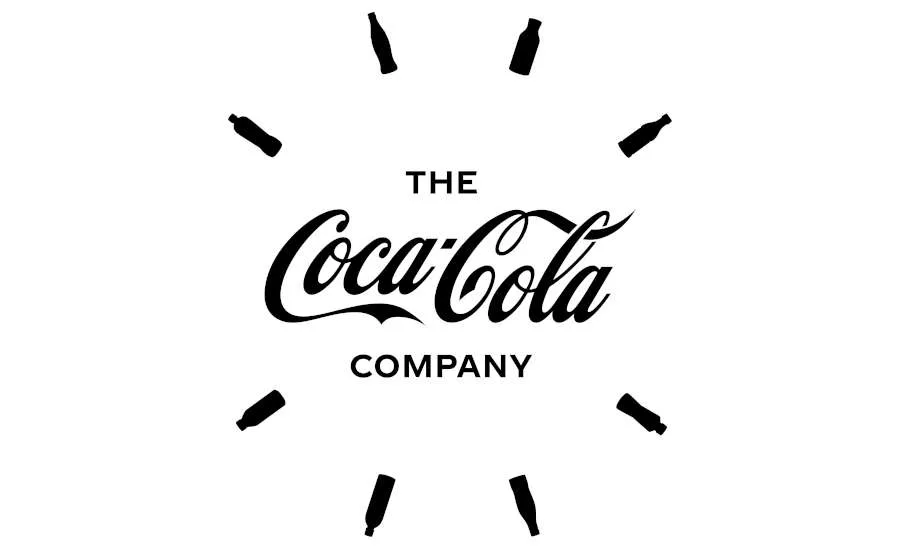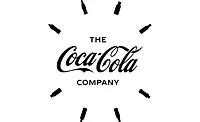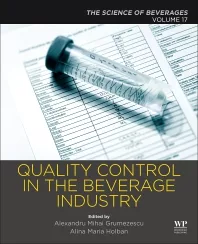Coca-Cola's quarterly report highlights increase in concentrate sales
Company highlights 2021 releases: smartwater+, Coca-Cola with Coffee, Topo Chico Hard Seltzer

Atlanta-based The Coca-Cola Co. reported first quarter 2021 results and provided an update on progress against its strategic initiatives. “We remain focused on emerging stronger and executing against our growth accelerators during the recovery phase. We are pleased with the progress we are making,” said James Quincey, chairman and CEO of The Coca-Cola Co., in a statement. “We are encouraged by improvements in our business, especially in markets where vaccine availability is increasing and economies are opening up, and we remain confident in our full year guidance.”
For the quarter, net revenues grew 5 percent to $9 billion, and organic revenues (non-GAAP) grew 6 percent. This was driven by 5 percent growth in concentrate sales, while price/mix grew 1 percent. The quarter included five additional days, which resulted in an approximate six-point benefit to revenue growth.
However, the company lost value share in total nonalcoholic ready-to-drink (NARTD) beverages as an underlying share gain in both at-home and away-from-home channels was more than offset by negative channel mix due to continued pressure in away-from-home channels, where the company has a strong share position, it says.
The company noted that global unit case volume trends remain closely linked to consumer mobility, driven by vaccination rates in different markets and related improvements in away-from-home channels. Through the first quarter, volume trends steadily improved each month, driven by recovery in markets where coronavirus-related uncertainty has abated. The path to recovery, however, remains asynchronous around the world. March volume was back to 2019 levels, with growth in at-home channels being offset by pressure in away-from-home channels. Solid growth in Trademark Coca-Cola, sparkling flavors and the nutrition, juice, dairy and plant-based beverages category was offset by pressure in the hydration category during the quarter, it adds.
The company launched new products across several categories, leveraging loved brands to drive scale and impact. In the United States, the company launched smartwater+, a lineup of infused hydration options featuring unique ingredient pairings and flavor extracts tailored for specific wellness occasions. Three smartwater+ variants ― smartwater+ clarity, smartwater+ tranquility and smartwater+ renew ― deliver unique hydration experiences and will be supported by a 360-degree marketing campaign. This rollout is the latest addition to the company’s portfolio of premium beverages across key markets. After initial success in international markets, the company launched Coca-Cola with Coffee and Coca-Cola with Coffee Zero Sugar in the United States. This innovation exemplifies the company’s lift-and-shift strategy to scale successful beverage innovations to new markets, with the United States becoming the 50th market to launch the product. Additionally, Topo Chico Hard Seltzer continued its expansion in Latin America and Europe and was recently launched in key markets in the United States under an agreement with Molson Coors Beverage Co., Chicago.
Environmental, social and governance (ESG) goals remain core to the company’s business and are embedded in its operations. The company delivered on its decade-long drive to enable the economic empowerment of 5 million women entrepreneurs through the 5by20 initiative. The program has reached more than 6 million women entrepreneurs, providing business-skills training, financial services, peer networks, mentoring and other resources. In addition, building on its water stewardship leadership, the company recently announced a holistic strategy to achieve water security where the company operates by 2030. The strategic framework focuses on three priorities: reducing shared water challenges around the world; enhancing community water and sanitation access with a focus on women and girls; and improving the health of priority watersheds.
In North America, unit case volume declined 6 percent. North America had strong growth in sparkling soft drinks in at-home channels along with growth in fairlife, Simply and Topo Chico. This was more than offset by continued coronavirus-related declines in the fountain business, along with a decline in the hydration category primarily because of cycling the consumer stocking in the prior year driven by coronavirus-related uncertainty.
Looking for a reprint of this article?
From high-res PDFs to custom plaques, order your copy today!






